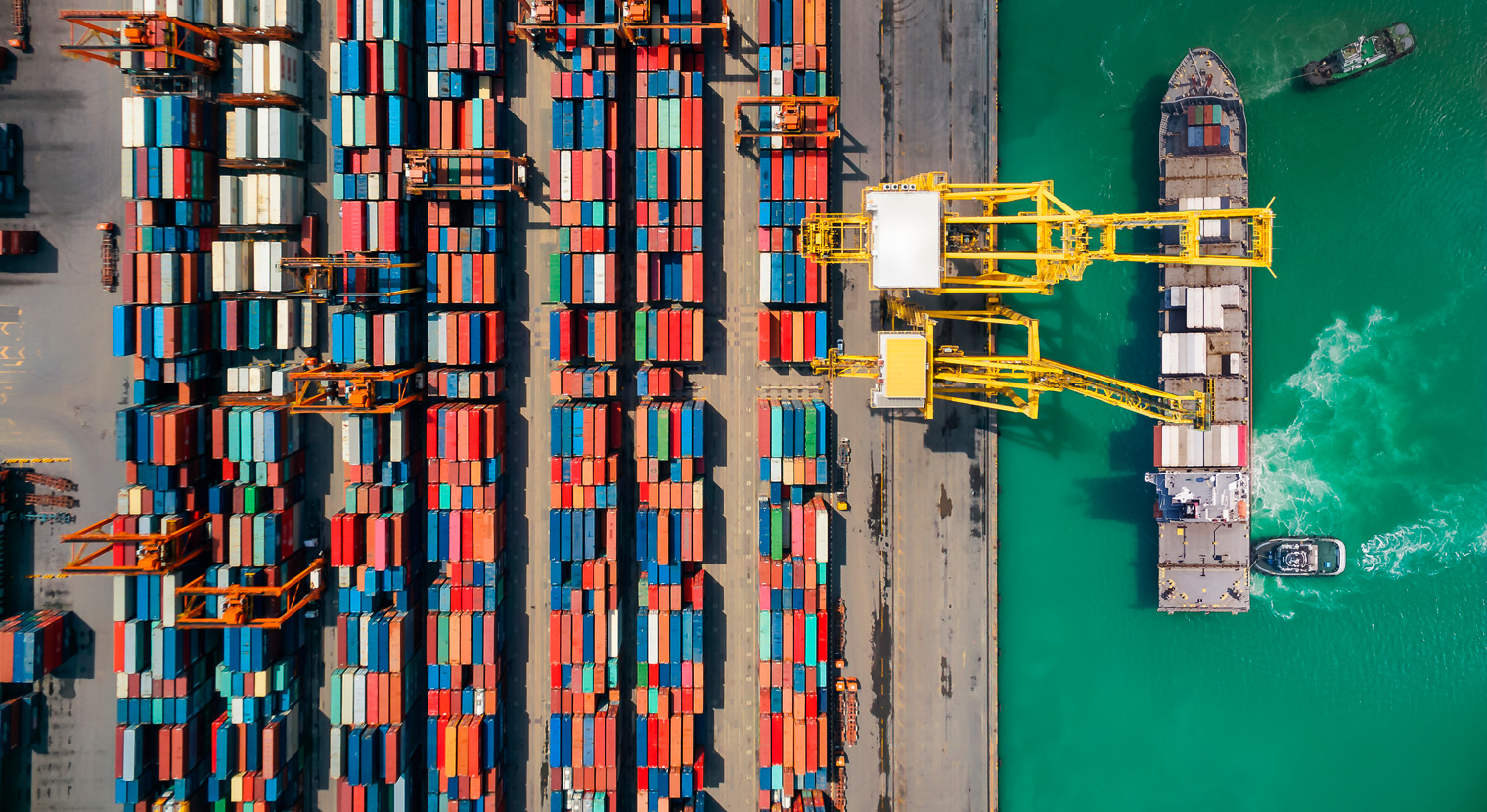Finance and public policy consultant and MSc in Public Policy alum Toluwalola Kasali argues that in pursuit of a fairer and just society, Nigeria must improve shared prosperity and leave no one behind.
The coronavirus pandemic has triggered a public health, labour, and economic crisis that reinforces socio-economic and political inequalities because it exacerbates pre-existing issues that disproportionately affect the poor and vulnerable within the society.
On a national level, 83 million Nigerians live below the poverty line, while another 53 million live just above the poverty line and are considered vulnerable. As the impact of the pandemic persists, with shocks arising from job losses, lower-income, higher prices, business closures, and out-of-pocket health payments, the risks of a deepening poverty crisis increases.
Over the years, despite economic growth, there has been an increase in the number of people living in poverty and unemployment – demonstrating a weak link between growth, poverty reduction, and job creation for Nigeria’s growing population. When growth is achieved without strong socio-economic reforms that boost productivity and investments, the country faces the prospect of less inclusive growth: economic opportunities created that are not available to all, particularly the poor.
Therefore, policy priorities should focus on achieving inclusive long-term growth and greater equity. However, achieving the link between growth and equity is affected by several factors relating to public policy and institutions, including the structure of growth, policy development and implementation, resource allocation, governance structures, corruption, privilege, and nepotism, amongst others.
Equal access to opportunities matters for equitable outcomes, and opportunities require an enabling environment to bring about just outcomes for all people. However, privilege arising from political control, influence, and socio-economic status often shapes both access to opportunities and outcomes to protect the interest of the few. This leads to unequal access to healthcare, education, employment, capital, markets, and justice systems.
Privilege – an advantage that accrues to a few based on power, socio-economic status, and proximity to public officials – often creates access for the few in the country. Those with access do not always influence policies to create equal access to opportunities or improve outcomes for all. This implies that vulnerable groups whose interests are not protected become excluded in one form or the other, further amplifying the cycles of socio-economic and political inequality within the society. Consequently, those whose interests are not protected feel less incentivised to participate in economic growth because the benefits do not trickle down to every member of the society.
Sometimes, the lack of transparency in policymaking allows a few actors to take privileged positions on specific policy issues driven by self-interest. When access and interactions with public policy, institutions, and officials are based on privilege, it perpetuates exclusion and inequality. Firstly, privilege can be used to exercise political control and influence over policies resulting in an underrepresentation of the poor’s policy preferences. Equally, privilege can lead to an overrepresentation of the elite’s policy preferences in a way that supports their vested interest in key areas of society and personal stake in business sectors.
Secondly, even when well-targeted socio-economic policies and interventions are introduced in the country to improve living standards, individuals often use their privilege to gain access ahead of those who need it. This means that interventions might not get to the targeted groups if the effects of access and privilege in the structure of the society are not properly factored in during policy implementation.
The issue of privilege and the access it creates are often complex and multifaceted. Improving inequalities and moving towards a fairer and just society will require addressing those characteristics of policies, institutions, and governance processes that prevent equitable outcomes.
There is a need to deliberately engage with legislators, policymakers, and civil society groups to strengthen the voice and empower the participation of vulnerable groups who are often excluded. This also means being intentional in the way stakeholders engage in influencing policies, legislative processes, and programme implementation to ensure that the country achieves improved outcomes for all.
Finally, cultural discrimination and systems of prejudice in public institutions and society will also need to be addressed to support fairness and justice. It is, therefore, important to build social, economic, and political systems that work for all and not just the privileged few.
The views expressed in this post are those of the authors and in no way reflect those of the International Development LSE blog or the London School of Economics and Political Science.





